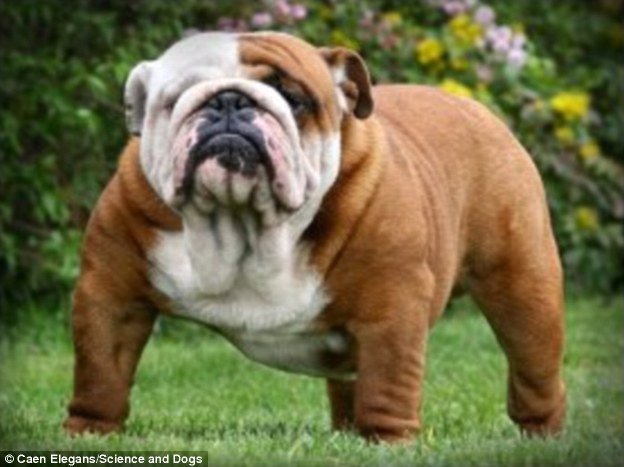Dogs are indubitably man’s best friends, and most of us love ’em to death. We first struck this friendship thousands of years ago, and it would appear that it’s been going pretty gosh darn strong ever since. But a closer look at this friendship may reveal some dysfunction. Turns out our species has not been very kind to the canine race.
The human race’s obsession with creating the perfect show dog – based on everything from size, coat and demeanour to eye colour, paw size and tail curve – has over generations led to not only mutation of several dog breeds, but also their disfigurement. According to Mail Online, here’s how some familiar breeds have been pained through the ages thanks to the pressure of dog breeding.
1. Bull Terriers
Then: First created in the 1800s, this breed was a mix between the English Terrier and the Bulldog and was designed to be a better fighter, as dog fighting was a popular form of entertainment then.
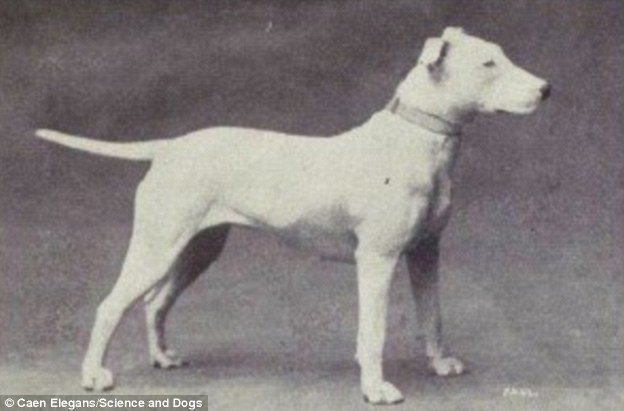
Now: Over the years, the Bull Terrier lost its shapely snout and has mutated into a stocky fighter with a warped skull and thicker abdomen.
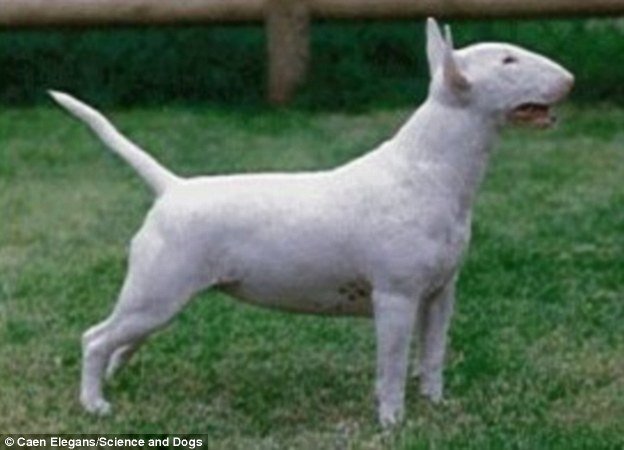
2. Basset Hounds
Then: Before humans interfered with their genetic construction, though, this dog had shorter ears, a less droopy face and a discernible curve in its back.
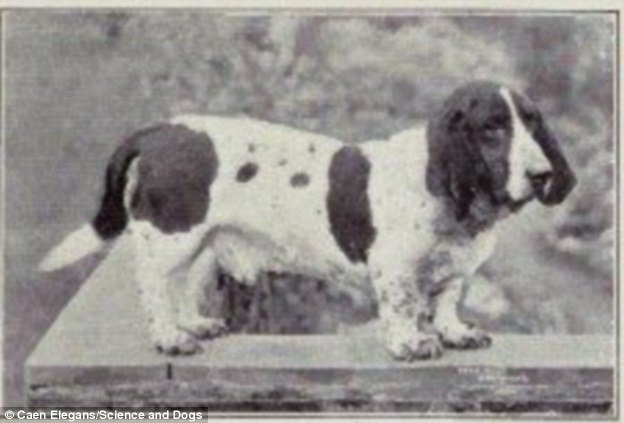
Now: The presence of an extra copy of a specific gene that produces a growth protein, has now given the Basset Hound its characteristic short, curved legs.
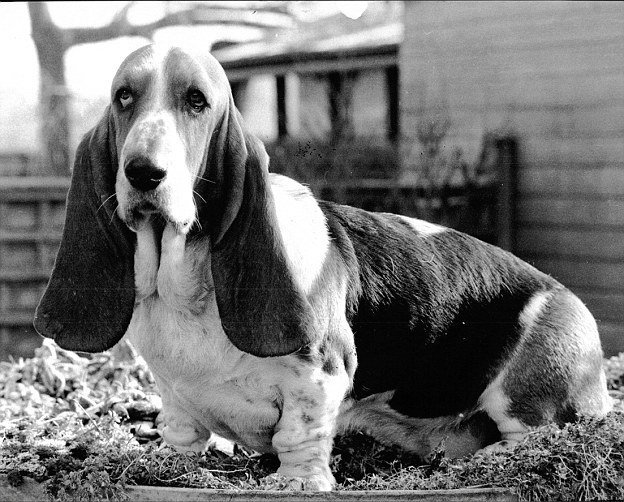
3. Boxers
Then: The Boxer’s genetic structure comes in parts from the Mastiff, Bulldog, Great Dane and Terrier genes in various proportions – designed to serve as bull baiting dogs and later as butchers’ helpers in controlling cattle.
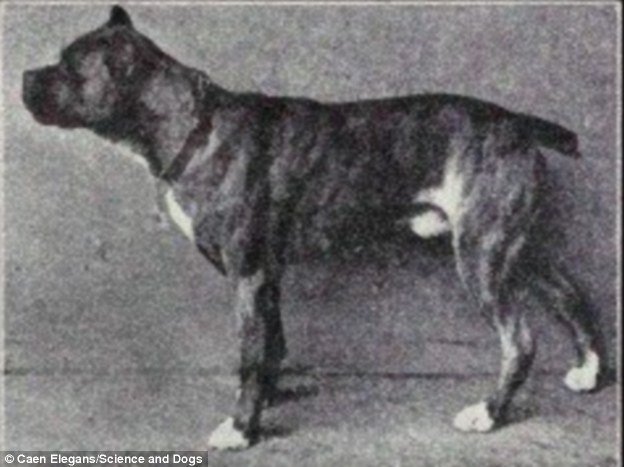
Now: Intensive breeding with these functions in mind has led to the present day Boxer having a shorter face with a larger mouth that points upwards and hosting a plethora of health problems.
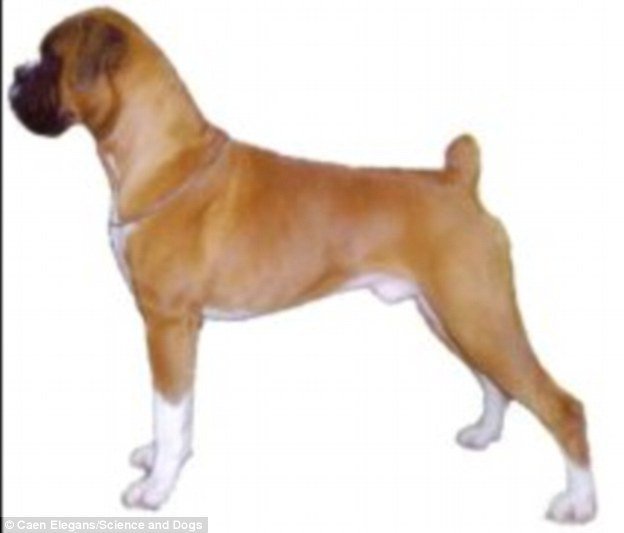
4. Dachshunds
Then: Dachshunds used to have a neck proportional to the rest of its body and functioning legs. But constant human interference has left them heavily disfigured.
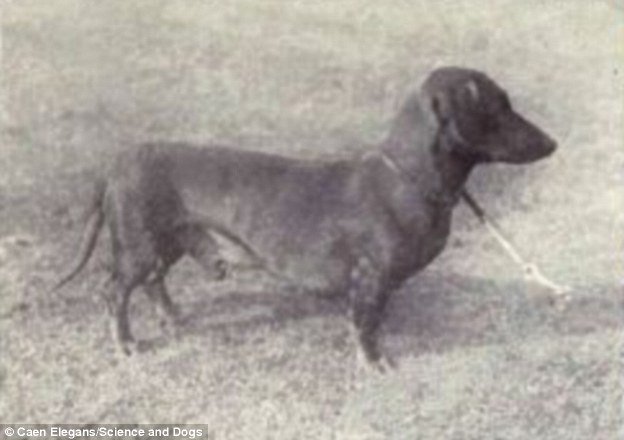
Now: They now have disproportionately stretched out backs and necks and with shrunken legs that can’t get them over obstacles beyond a few inches tall. They’re also at painfully high risk for intervertebral disc disease.
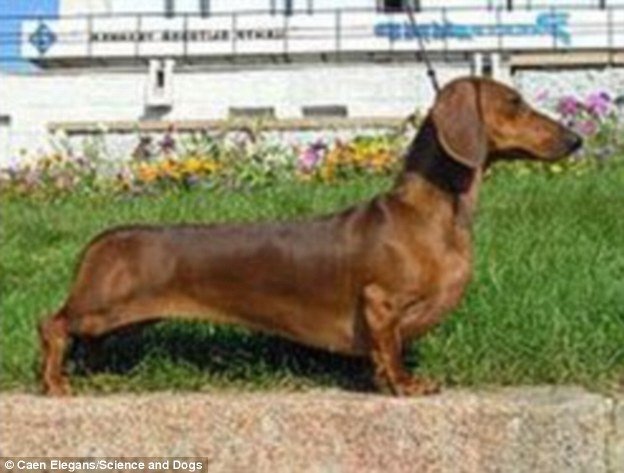
5. German Shepherds
Then: Before humans messed with it, the German Shepherd boasted of a thinner abdomen and a sharper stance.
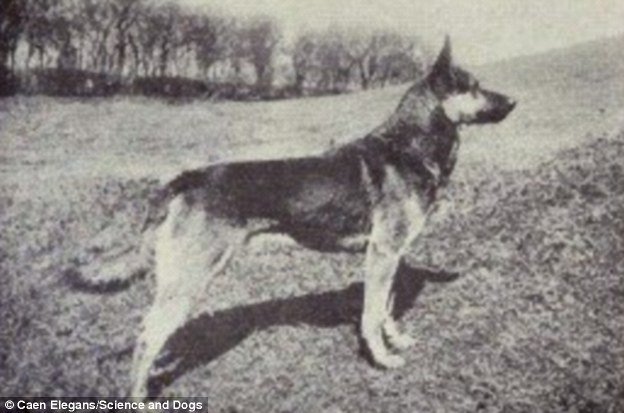
Now: Its form has since been tampered with in order to preserve and promote sheep herding skills in the dogs, leaving it with a significantly heavier build.
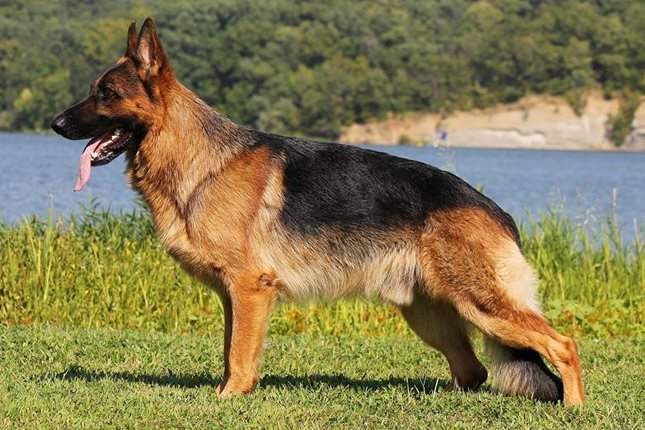
6. Pugs
Then: Originating from Chinese happa dogs, early Pugs were originally called Dutch Mastiffs. They were later crossed with terriers and other smaller dogs.
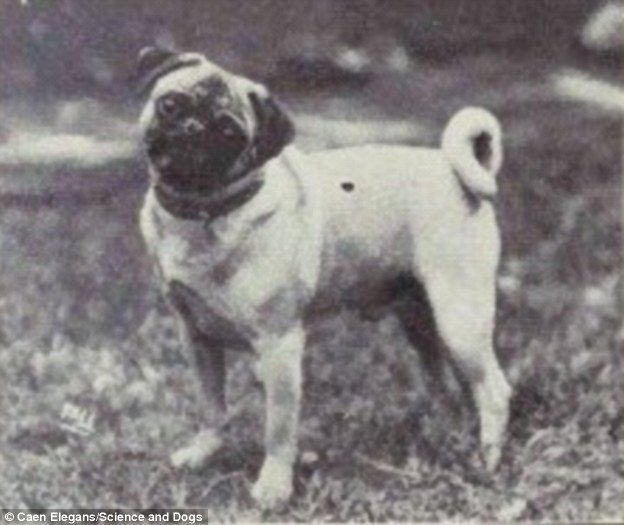
Now: The cross breeding led to numerous ailments in the dog, including high blood pressure, heart problems, low oxygenation, difficulty breathing, overheating, dentition problems and skin fold dermatitis. And its adorable curled tail is actually a genetic defect that can potentially cause paralysis.
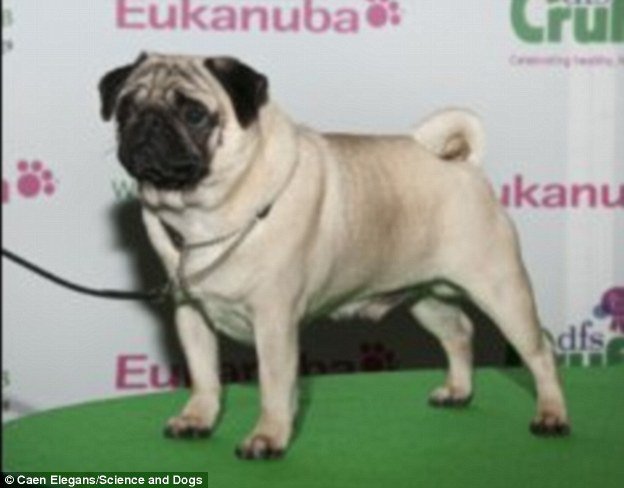
7. Saint Bernards
Then: The ancestors of the Saint Bernard were used as rescue dogs by Roman soldiers and were quite used to heavy activity.
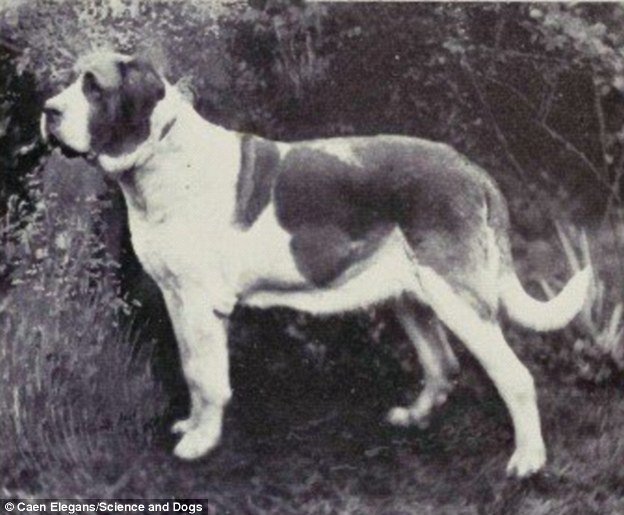
Now: Heavy tampering has now created generations of Saint Bernards that overheat after moving too much and are prone to entropion, ectropion, Stockard’s paralysis, hemophilia, osteosarcoma, aphakia, fibrinogen deficiency.
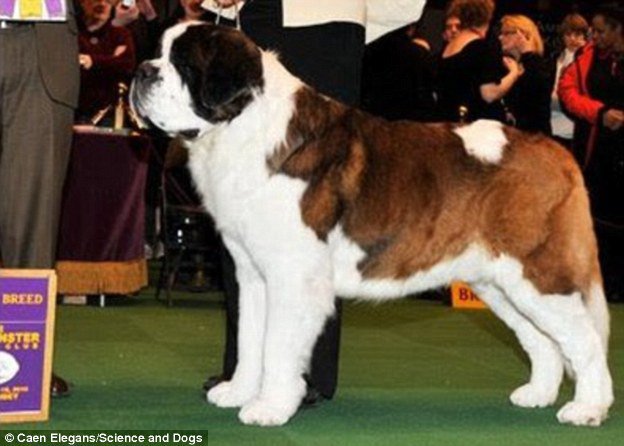
8. English Bulldogs
Then: Said to be the most changed from its ancestors, the English Bulldog has suffered through the most disfiguring mutations. Originally bred for bull baiting, vicious and cruel dog fighting, it was athletic, with a smaller head and and less skin hanging on its body frame.
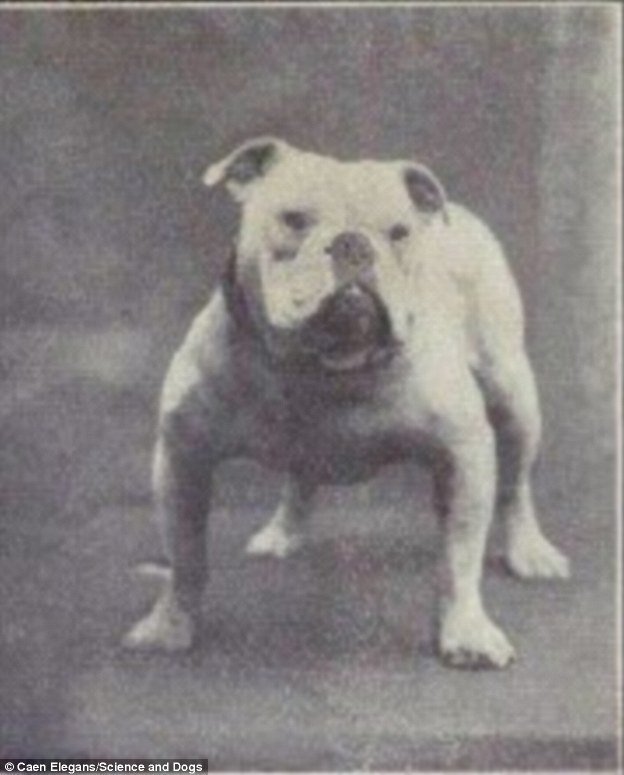
Now: But over the years, this poor breed has developed a stocky body, an enormous head and massive jaws. What’s more, it’s pained by almost every disease there is.
